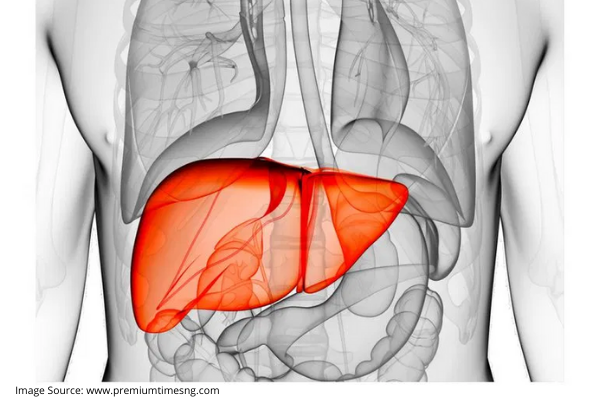

LIVING WITH A TRANSPLANTED LIVER

If the body were a car, your liver would be the engine. Everything that you eat and drink is processed; either as nutrients for the body or eliminated as waste. Several conditions require liver transplant. The most common reason is liver cirrhosis- a condition wherein scar tissues replace healthy liver tissues. Ideally, medications and a self-regulated lifestyle should help a patient survive without the need for a transplant. Patients with an advanced liver complication may, however, need a transplant. A liver transplant in India costs one-twentieth the cost of procedures in USA, UK, and other European countries.
Liver transplant is a relatively safe procedure with an overall success rate of more than 90%. But there are a few caveats, viz.
First Three Months After Operation Are Critical:
They’re the most difficult as well. Your body has to adjust to the new liver, and that is why medications are critical. Never skip medications unless advised by the physician. For the first few weeks, patients will be placed in the Intensive Care Unit to check if the grafted liver functions normally. You will be monitored for infections, and to look for symptoms of rejection (of the liver by the body).
Once you’ve been moved to the ward, we’ll suggest physiotherapy to help regain muscle strength. Usually, patients are fit enough to care for themselves by the time they’re ready to leave the hospital. And if things go well, you should be ready to take up regular work with 4-6 months after a transplant.
The Later Six Months:
After discharge, you will be asked to come at least once every week for checkups and lab tests. These visits will gradually be reduced to once every month and then once every year. The physician will review (and revise if needed) medications. These are important as they help to prevent rejections. Medicines prevent your body from resisting foreign bodies. Because these drugs reduce your body’s ability to fight infections, you’ll be prescribed medication to prevent infection. You’ll also be advised to maintain hygiene and avoid contact with people with infections.
Pain:
Will I have to live in pain? A little pain after surgery is common. But it isn’t as severe as surgeries involving other abdominal complications. During the surgery, your nerves were severed, causing numbness around the abdominal area. You may also experience back pain for a few months after surgery. Pain medications should help you sail through.
Medications:
For the first few months, you’ll be given around 7-10 medicines: some to prevent rejection, some to prevent infection, some to manage pain, and some to treat the side effects of immunosuppressant. As you recover, these will be reduced to 1 or 2. You’ll have to take an immunosuppressant for the rest of your life.
Hygiene:
Personal hygiene is crucial to keep infections at bay. This includes keeping yourself clean, maintaining the house clean (pest elimination and prevention), avoiding crowded places, avoiding contact with animals, etc. This is especially important for the first six months after the operation. You have a higher risk of contracting immune related problems- remember to report any changes or signs during your follow-up care routine.
Dietary Lifestyle:
Your body needs energy to recuperate and hence will be advised to resume a regular diet as soon as possible. You’ll, however, experience problems like nausea, flatulence, loss of appetite, etc. You’ll be advised to reduce your meal size and control liquid intake, until some time. You’ll be given nutritional supplements for the first few months to help the body regain lost nutrients. Our dieticians will guide you about the quality and quantity of food intake. This includes proteins from plant sources, calcium, food rich in starch and fiber, and avoiding fat and sugary foods. You’ll be asked to reduce intake of salt. Meat, poultry, eggs, fish, etc. should be cooked thoroughly. Check the use by date carefully before eating processed food. Do not eat food that’s refrozen after thawing. Wash vegetables and fruits before eating them.
Alcohol:
You will be advised to quit smoking and drinking- even in moderation can be harmful. Alcohol could cause further liver complications and interfere with the immunosuppressant medications, while cigarette can put you at risk for a chest infection.
A majority of patients can live a normal life without too many complications. You can return to your normal sex life (women should, however, avoid becoming pregnant during the first year after transplant), take up regular work, and live life with zest.
Have a happy and safe recovery!














